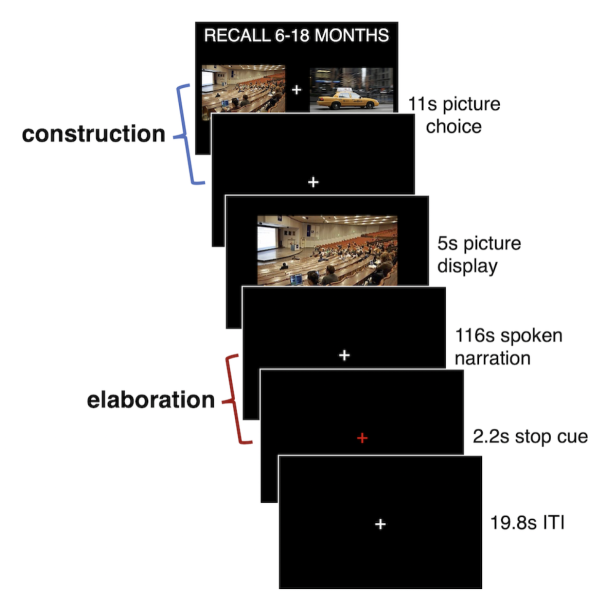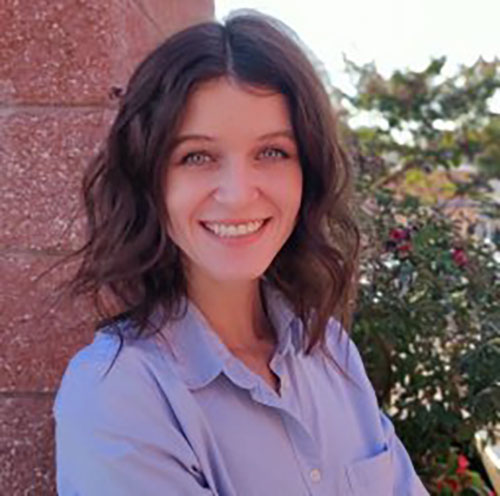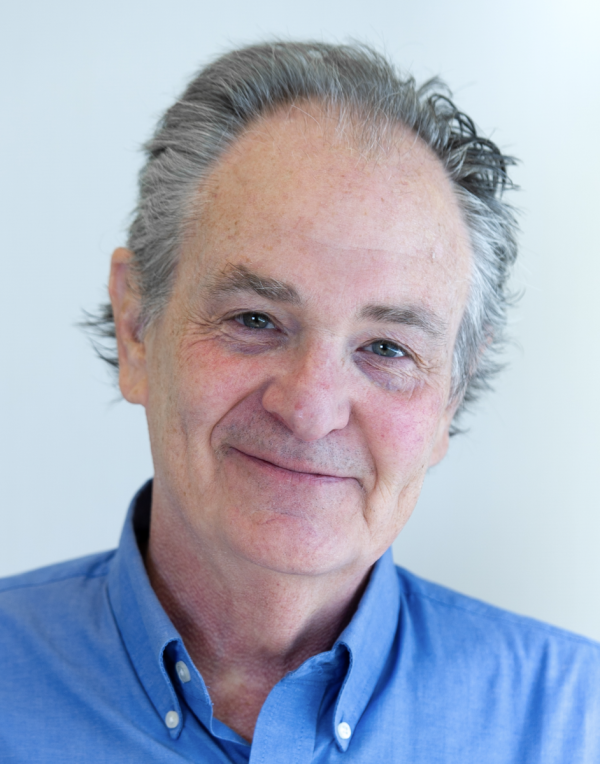Neuroimaging Study Supports Two-Stage Theory of Recall
Results Suggest Dual Functions for Memory-Related Brain Area

New IRP research suggests that the process of remembering events from the past may be more complex than previously thought.
Scientists studying memory have been closely scrutinizing a brain structure called the hippocampus ever since a man named Henry Molaison — better known as ‘patient H.M.’ — lost his ability to create new memories after surgeons removed that portion of his brain as a last-ditch treatment for his unrelenting epileptic seizures. For the most part, that research has treated the hippocampus as one homogenous structure. However, a recent IRP study lends support to the growing recognition that recall is a multi-stage process in which different parts of the hippocampus play different roles.1
Detailed anatomical studies of animals’ brains have yielded a map of the individual parts that make up the hippocampus. However, the methods for studying how various cognitive processes engage different parts of the brain in humans don’t work at that level of detail. Perhaps that is why relatively few studies have examined the differences in activity in the front part of the hippocampus, known as the ‘anterior’ region, compared to the back portion, called the ‘posterior’ hippocampus.
When IRP postdoctoral fellow Sam Audrain, Ph.D., joined the lab of IRP senior investigator Alex Martin, Ph.D., she brought with her a curiosity about whether people use different parts of the hippocampus to help them recall different aspects of a memory. This question was based on a theory she had been studying in her previous lab, which proposed that remembering an event happens in two distinct phases.
“There’s a lot going on when you retrieve a memory, and this theory states that there’s a construction period where you’re just retrieving the gist of what happened,” explains Dr. Audrain, one of the new study’s lead authors. “For example, if I gave you the cue ‘party’ and asked you to retrieve a memory from your childhood related to that, you might think about your tenth birthday party, but we think, after that, there’s this other period called elaboration where you’re walking yourself through the memory and you’re retrieving all the little details about the memory, like what kind of birthday cake you had and who was there and what you were wearing.”

Example of a trial from the experiment’s memory task, which consisted of a ‘construction’ phase and an ‘elaboration’ phase. Each trial was separated by a short inter-trial interval (ITI).
To figure out whether remembering an event truly occurs this way, Dr. Audrain led a new analysis of data from an experiment done in Dr. Martin’s lab shortly before she came to NIH. That study used a functional magnetic resonance imaging (fMRI) scanner to measure brain activity while healthy volunteers performed a memory-related task and a control task that did not require recalling past events. During both tasks, participants were repeatedly asked to choose between two different pictures. During the control task, the participants simply examined the picture they selected for a few seconds and then described it out loud. In contrast, during the memory task, they were first instructed that they would need to recall an event that happened the same day as the experiment, six to eighteen months before, or five to ten years before. Then, after being shown the two images, they first spent a few seconds choosing and reflecting on a memory to recall that was related to the picture they chose, after which they described the memory out loud. This two-step recall task was designed to allow the researchers to separately examine the initial construction phase of memory recall and the subsequent elaboration stage.
When Dr. Martin’s team analyzed this experiment’s data the first time, it compared only the second, elaboration stage of the memory task, when participants described their memories, to the second part of the control task, when participants described their chosen picture. This analysis showed that the anterior hippocampus was no more active during that phase of the memory task than during the control task. The posterior hippocampus, on the other hand, was more engaged during the memory task than during the control task, and activity there was greater when describing recent memories compared to older memories.2

Dr. Sam Audrain
“You would think that the whole hippocampus — both parts — should be doing something when you are retrieving memories, so it was a weird finding that we didn’t really know how to explain,” Dr. Audrain says. “We wondered if we weren’t seeing anterior hippocampus activation because we were just looking at the wrong time period. We thought we would look at this earlier time period during construction and see what the story is there.”
What they discovered was that the anterior hippocampus was consistently more active during the construction phase of the memory task than during the initial part of the control task when participants scrutinized the image they had selected. What’s more, that activity in the anterior hippocampus was the same during the memory task no matter whether the participants were recalling an event from that day, months ago, or years ago.
“I see the data as speaking to the importance of not considering the hippocampus as a single entity,” says Dr. Martin, the study’s senior author. “Anatomy matters, and the act of retrieving an autobiographical memory is a complex piece of behavior. What Sam did is kind of grab this other part of the data and link it to a totally different piece of anatomy to really drive home that there’s something very different going on in the anterior hippocampus.”

Dr. Alex Martin
Moving forward, Dr. Audrain and her colleagues hope to learn more about what exactly the anterior hippocampus is doing during the construction phase of recall. Ultimately, their work could shed light on what might be happening in the brains of people who have problems with specific aspects of their memory. What’s more, their discoveries could potentially be combined with a therapeutic approach called real-time neurofeedback that helps people learn to engage specific parts of their brain more strongly or boost the connections between certain brain areas. Dr. Martin’s lab is currently testing whether that technique can help people improve their memory for faces, and if it works, a similar approach might be useful for people with problems recalling past events from their lives.
“Of course, all of this is very much at the beginning stages, but that’s an example of how one might take advantage of what we think we’re learning and, at the same time, verify that these brain circuits matter — that you can actually modulate them and that affects performance,” Dr. Martin says. “You could then extend that to all sorts of issues within mental health.”
Subscribe to our weekly newsletter to stay up-to-date on the latest breakthroughs in the NIH Intramural Research Program.
References:
[1] Audrain S, Gilmore AW, Wilson JM, Schacter DL, Martin A. A Role for the Anterior Hippocampus in Autobiographical Memory Construction Regardless of Temporal Distance. J. Neurosci. 2022 Jul 15;JN-RM-0832-22. doi: 10.1523/JNEUROSCI.0832-22.2022.
[2] Gilmore AW, Quach A, Kalinowski S, González-Araya EI, Gotts SJ, Schacter DL, Martin A. Evidence supporting a time-limited hippocampal role in retrieving autobiographical memories. Proc Natl Acad Sci USA. 2021 Mar 23;118(12):e2023069118. doi: 10.1073/pnas.2023069118.
Related Blog Posts
This page was last updated on Wednesday, May 24, 2023
